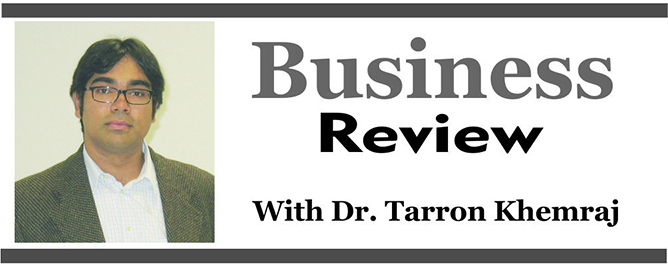The International Monetary Fund (IMF) concurs with the government’s reported Gross Domestic Product (GDP) growth rate of 4.1% for 2018. The IMF notes that the growth was ‘broad-based’, but that the improvement on the 2.7% growth rate in 2017 was said to have come more from the construction and services sectors. The IMF went as far as mentioning immigration as a ‘structural reform’, which is necessary to make growth inclusive and equitable. That is a most interesting suggestion because the Article IV report did not mention the historical pro-ethnic voting that brings into de jure power communal leaders with a sprinkling of tokens from the other side.
I am not so sure why the IMF mentions equitable and inclusive in the case of Guyana when we do not have comprehensive data on income and wealth distribution in the aggregate and by ethnicity. Dr. Ramesh Gampat recently made a roundabout estimate of building and housing stock distribution by ethnicity. Beyond this recent estimate, we do not have the kind of systematic data for the IMF to make such suggestions, which made the Article IV statement read more like a political manifesto.
Anyhow, the IMF’s statement kept true to old themes such as its recommendation of flexible exchange rate for Guyana. I agree with the IMF that the labour market could be made flexible by providing variable time options for women to work. I have serious doubts, however, that an economy like Guyana should have a flexible exchange rate.

